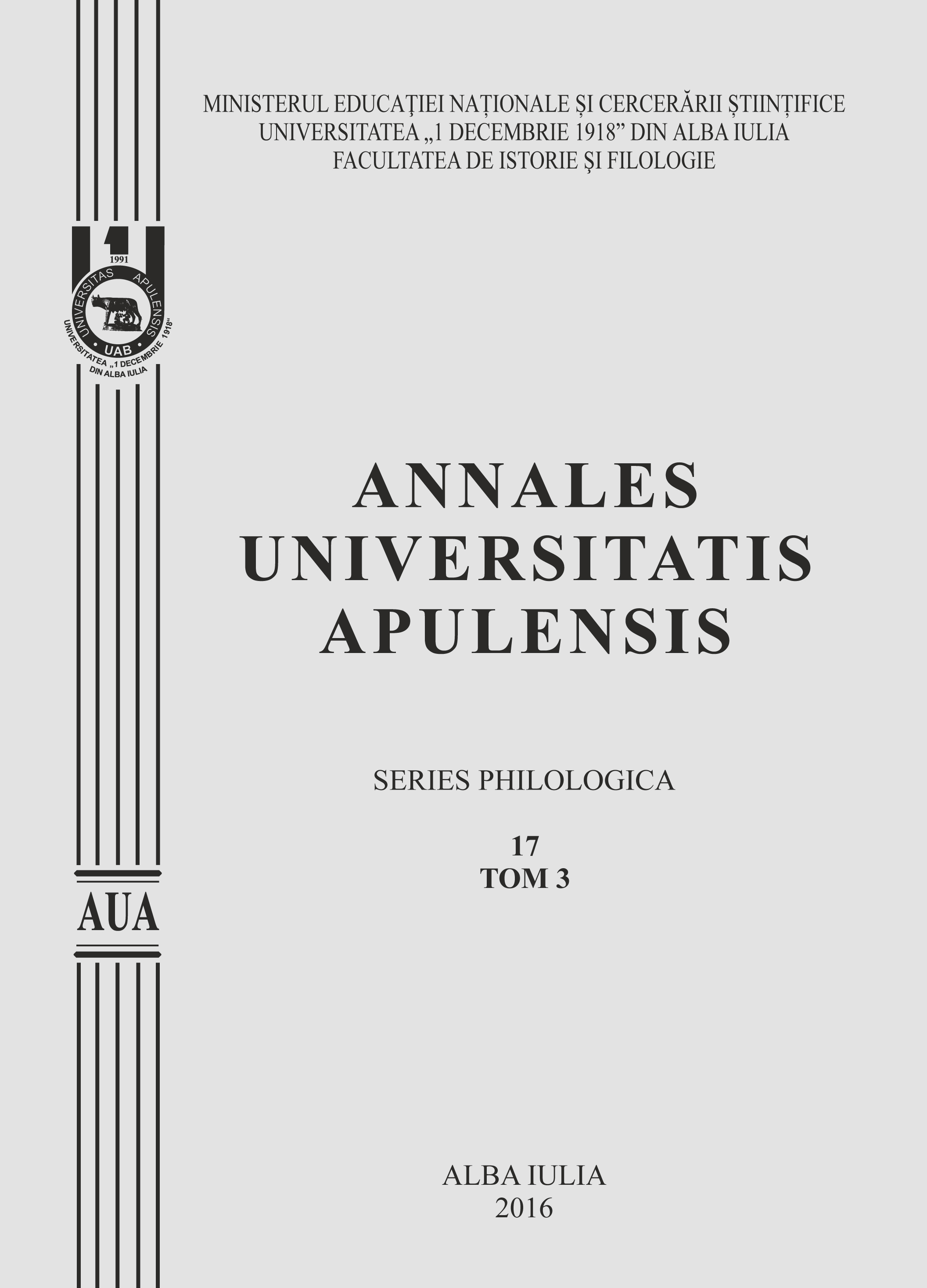Dialog intercultural în “Istanbul”, de Orhan Pamuk
Intercultural dialogue in Orhan Pamuk’s “Istanbul”
Author(s): Cristina StanSubject(s): Language and Literature Studies
Published by: Universitatea »1 Decembrie 1918« Alba Iulia
Keywords: intercultural dialogue; cultural identity; the Other; alterity; Istanbul
Summary/Abstract: Orhan Pamuk’s autobiography, “Istanbul” (2003), is a sophisticated portrayal of the author’s childhood and early adulthood, intertwined with the city’s melancholy and chaotic spirit that strongly influenced Pamuk’s writing and whole existence. For the Turkish author, to describe personal identity and the puzzling Turkish cultural identity means to investigate not only the ambiguous relationship between modernity and ottoman tradition, liberal secularism and political islam, but also the intercultural dialogue between the East and the West. The Other, especially, has a significant impact on self-perception and leads the whole East-West dichotomy in this autobiographical work. The present paper will look closely at the depiction of these issues in Pamuk’s autobiography.
Journal: Annales Universitatis Apulensis. Series Philologica
- Issue Year: 17/2016
- Issue No: 3
- Page Range: 203-212
- Page Count: 10
- Language: Romanian

